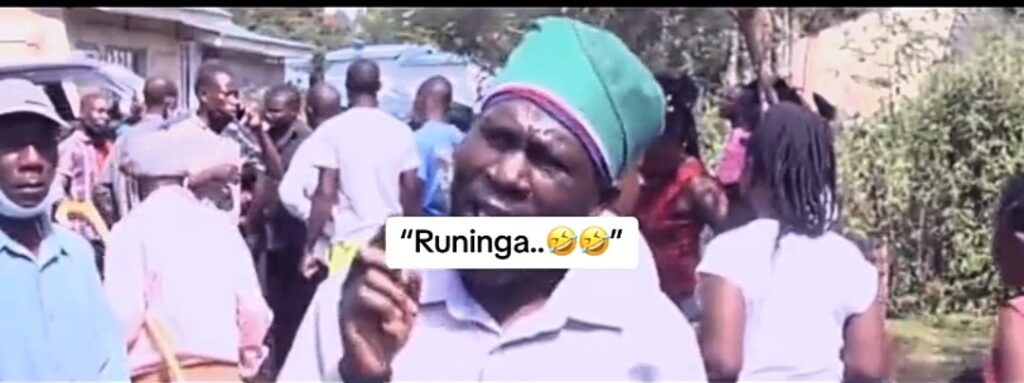In the heart of Bungoma, a group of elder statesmen have grown increasingly concerned about the fate of their community’s ancestral lands.
The elders, distinguished by their wisdom and experience, have issued a passionate call to their fellow Luhya people who have migrated to other parts of Kenya, particularly Nairobi and Mombasa.
Their message is clear: “Come back home and reclaim your lands.”
These elders believe that many Luhyas who left their rural homes in search of better opportunities in the bustling cities are losing touch with their roots.
In Nairobi, some Luhyas have established themselves in informal settlements or small businesses, while others have integrated into the coastal culture of Mombasa, even intermarrying with the local Digo community.
While these new lives have brought different experiences and opportunities, the elders fear that the absence of these individuals has left their ancestral lands vulnerable.
The elders argue that many of these lands are lying fallow or are being encroached upon by outsiders.
They see this as not only a loss of valuable property but also a threat to the cultural heritage and identity of the Luhya people.
“Our land is our heritage,” one elder passionately stated. “It is our duty to protect and cultivate it for the future generations.”
Their plea is not just about reclaiming land; it’s about revitalizing the community and ensuring the continuation of Luhya traditions.
The elders envision a future where the younger generation returns to their roots, engages in agriculture, and contributes to the development of Bungoma and other Luhya regions.
They believe that by doing so, the community can thrive economically and culturally.
However, the call to return is not without its challenges. Many Luhyas in the cities have built new lives and may be reluctant to leave behind the conveniences and opportunities that urban life offers.
The elders acknowledge this but emphasize the importance of balancing these modern lifestyles with the responsibility of preserving their heritage.
As the conversation unfolds, the elders plan to reach out to Luhya diaspora groups and use social media to spread their message.
They hope to organize community meetings and forums where they can discuss the importance of returning to their ancestral lands and how to address the practical challenges involved.
In the coming months, the response to this call will be closely watched.
Will the Luhya people heed the advice of their elders and return to their roots? Or will they continue to build new lives away from their ancestral homes?
Only time will tell, but the elders remain hopeful that their message will resonate and inspire a revival of the Luhya spirit and identity.


